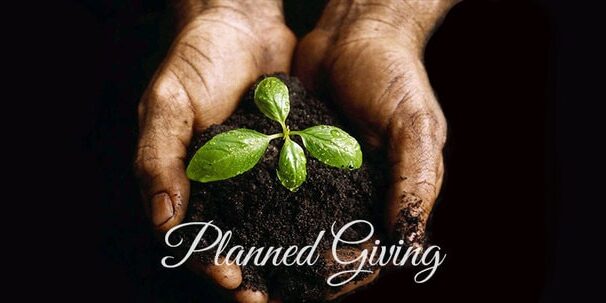Climate Crises and Climate Injustice
(Note: This blog was co-authored by Justice Coordinating Commission’s Climate Change Task Force members Sister Ellen Cunningham and Jeanne Rewa)
Over the past few weeks, communities around the United States and the world have been devastated by extreme weather events. Record-breaking hurricanes, including Irma and Harvey, have battered our southern coasts and the Caribbean, while fires rage across the Pacific Northwest and California. People are dying and homes and communities are being destroyed. The massive devastation will take significant time and money to rebuild, and some will never be able to recover what they lost.
While we can’t say specifically that climate change directly caused these individual storms and fires, it most likely made them more intense (see this article for more). We need not know the precise degree of causality to understand that there will be more frequent and more intense storms and fires like these as global warming increases. To learn more about why climate change has these impacts, check out NASA’s guide to climate change impacts.
While the current path of climate change tells us we will have more times like the last two weeks ahead, it’s important to see that climate change doesn’t impact us all equally. The most vulnerable in society are impacted the most by climate disasters. For example, those without the money or the resources to evacuate are more likely to be hurt by the storms; people who are undocumented may be afraid to go to shelters for fear of being detained; and women are more vulnerable to sexual assault in communal shelters.
For those who survive the storm and return to their devastated communities, the recovery is rarely equitable. Poor people and people of color in Houston are more likely to live close to dangerous chemical facilities, which are releasing dangerous toxins due to Harvey, meaning their homes may be more dangerous to return to. Poor people are more likely to both live in flood prone areas of major coastal cities and also to be unable to afford the flood insurance that would allow them to repair their homes. And, unfortunately, weather events like this can be used as a gateway to gentrification when those with more resources choose which neighborhoods to rebuild and how. In short, the existing inequalities in society compound the impacts of the changing climate, resulting not only in climate change, but climate injustice. To learn more about the climate injustice related to Hurricane Harvey, read this article.
Looking through the lens of Providence, those of us working for climate justice must seek to level the playing field, so that those who did the least to contribute to climate change in the first place don’t suffer the most. We should work for just recovery from natural disasters and a just transition plan that helps communities prepare for and mitigate climate change in a way that takes all people into account.
What can you do today?
- As you are choosing where to donate to the relief efforts, consider funds like this one to help undocumented people in Houston or these Sierra Club funds for community-led recovery.
- Click here to send a message directly to your member of Congress, asking them to publicly support a renewable energy future in the wake of Irma and other climate disasters.
- Learn about the importance of protecting climate refugees around the world – people who are displaced by extreme weather events and climate change related droughts and sea level rise.
- Explore how climate change affects your world by searching events, impacts, and related climate signals at climatesignals.org.
- Spread the word! Not only can you educate yourself using the links above, but you can also expand your impact by talking about climate injustice with other people and asking them to join you in action.
Our work is just beginning. This year, the Justice Coordinating Commission of the Sisters of Providence launched a Climate Task Force, which is currently working on ways for us all to work together to stop climate injustice. Stay tuned for more ways to get involved.






Thanks for the important links you provided! It is always useful to have a path to action right at hand.
Thank you for a very thorough blog which will help us act wisely.
Thank you for visiting our site and caring for all creation!